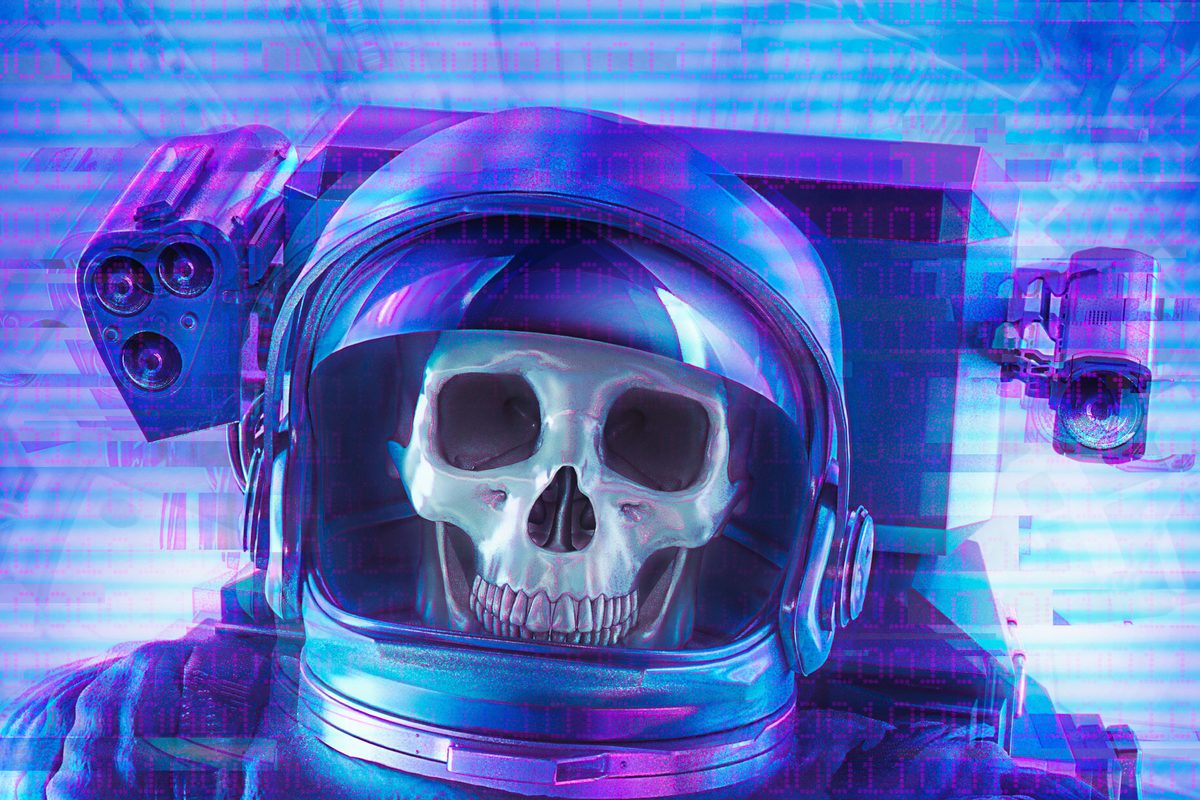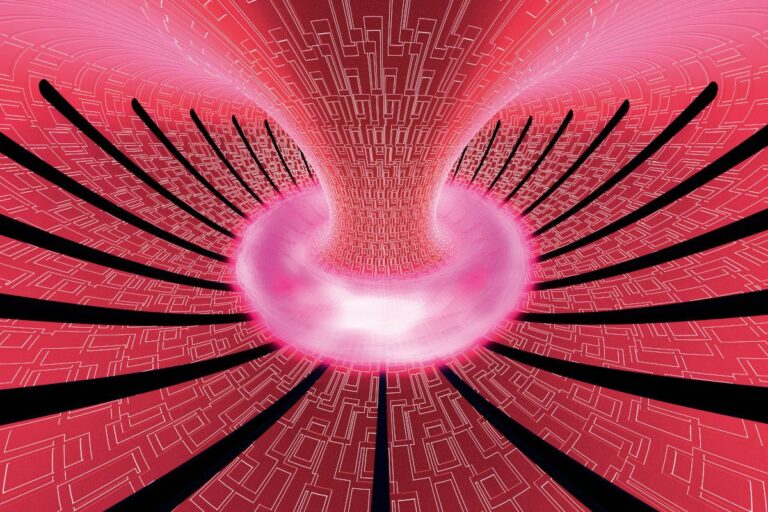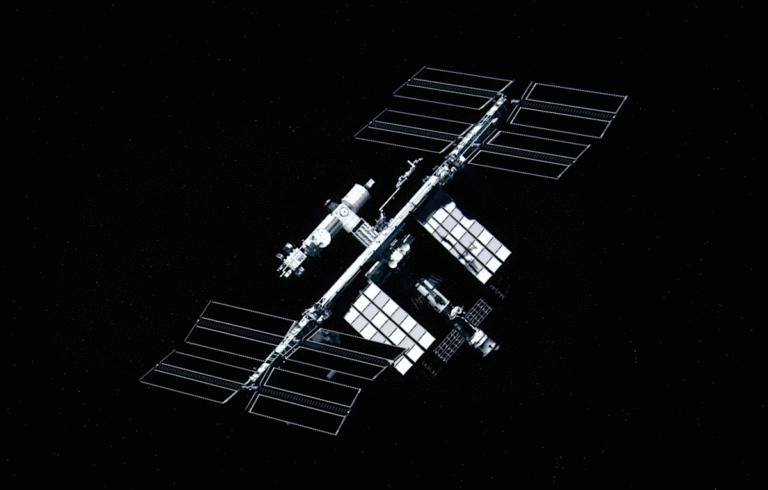Astronauts Gear Up for Space Crime Investigation in Upcoming Mission
As humanity ventures further into space, the prospect of crime aboard the International Space Station (ISS) raises crucial questions for future missions. The harsh realities of confined environments, limited suspects, and minimal external communication create a unique backdrop that resembles the settings of classic murder mysteries.
In a stark acknowledgment of potential violence in space, experts highlight that high-stress conditions could lead even the most seasoned astronauts to unthinkable actions. Former cosmonaut Valery Ryumin’s 1980 diary entry ominously noted, “All the necessary conditions to perpetrate a murder are met by locking two men in a cabin of 5 x 6m for two months.”
The field of astroforensics is beginning to emerge, advocating for research into how typical Earth-based forensic methodologies might apply—or fail—in low-gravity situations. As civilian space travel approaches, the consequences of potential extraterrestrial homicides demand preparedness.
The Challenges of Forensic Analysis in Microgravity
Investigating a crime scene in microgravity presents unique challenges, particularly regarding blood evidence. Forensic expert Zack Kowalske’s studies delve into how bloodstain patterns differ in space. Traditional Earth-based analysis relies heavily on gravity to determine blood droplet trajectories, complicating forensic investigations significantly.
Kowalske collaborated with Dr. George Pantalos, conducting experiments on parabolic flights to assess blood spatter behavior in microgravity. Their findings revealed that surface tension supersedes gravity, leading to smaller, less informative bloodstains. This complicates determining where a potential attack transpired aboard the ISS.
Crime Scene Techniques and Evidence Recovery
Forensic processes on the ISS would differ notably from those on Earth. Traditional methods, such as fingerprint dusting, could be compromised in microgravity as particles float indefinitely. However, non-invasive techniques like lasers might offer solutions for capturing fingerprints and other evidence.
When assessing other forms of evidence, residuals from gunfire in space would behave similarly to Earth, providing leads for investigators through gas and residue patterns. However, tracking and identifying a bullet in a zero-gravity vacuum may prove to be more complex than on solid ground.
One of the unexpected advantages of a controlled environment like the ISS is the potential for preserving trace evidence. Due to the closed-loop system of air and water, any physical evidence, such as hair or fibers, could remain on board, helping to build a case against a suspect.
Preparing for Future Extraterrestrial Incidents
Experts are calling for increased investment in astroforensics to ensure space detectives are well-equipped for potential scenarios. The current understanding of how forensic science operates in space is rudimentary, leaving many questions unanswered.
Future investigations would benefit from robotics designed for crime scene documentation, allowing remote analysis by terrestrial experts without contaminating the evidence or the environment.
As we venture into an era of civilian space travel and long-duration missions, it’s essential that preparations include addressing the darker implications of human behavior. Experts assert that investing in astroforensics is crucial to ensure the safety and justice of future space explorers and maintain the integrity of missions beyond our planet.
Key Takeaways
- Unique Conditions: Microgravity complicates traditional forensic methods.
- Astroforensics Development: Growing field aimed at adapting Earth-based techniques for space.
- Technological Needs: Investment in robotic tools and innovative analysis is critical for future investigations.
- Human Nature: As exploration expands, so does the need to address the potential for crime in extraterrestrial settings.
As space exploration continues to grow, the need for a robust framework to investigate potential crimes in the cosmos becomes increasingly pressing.







